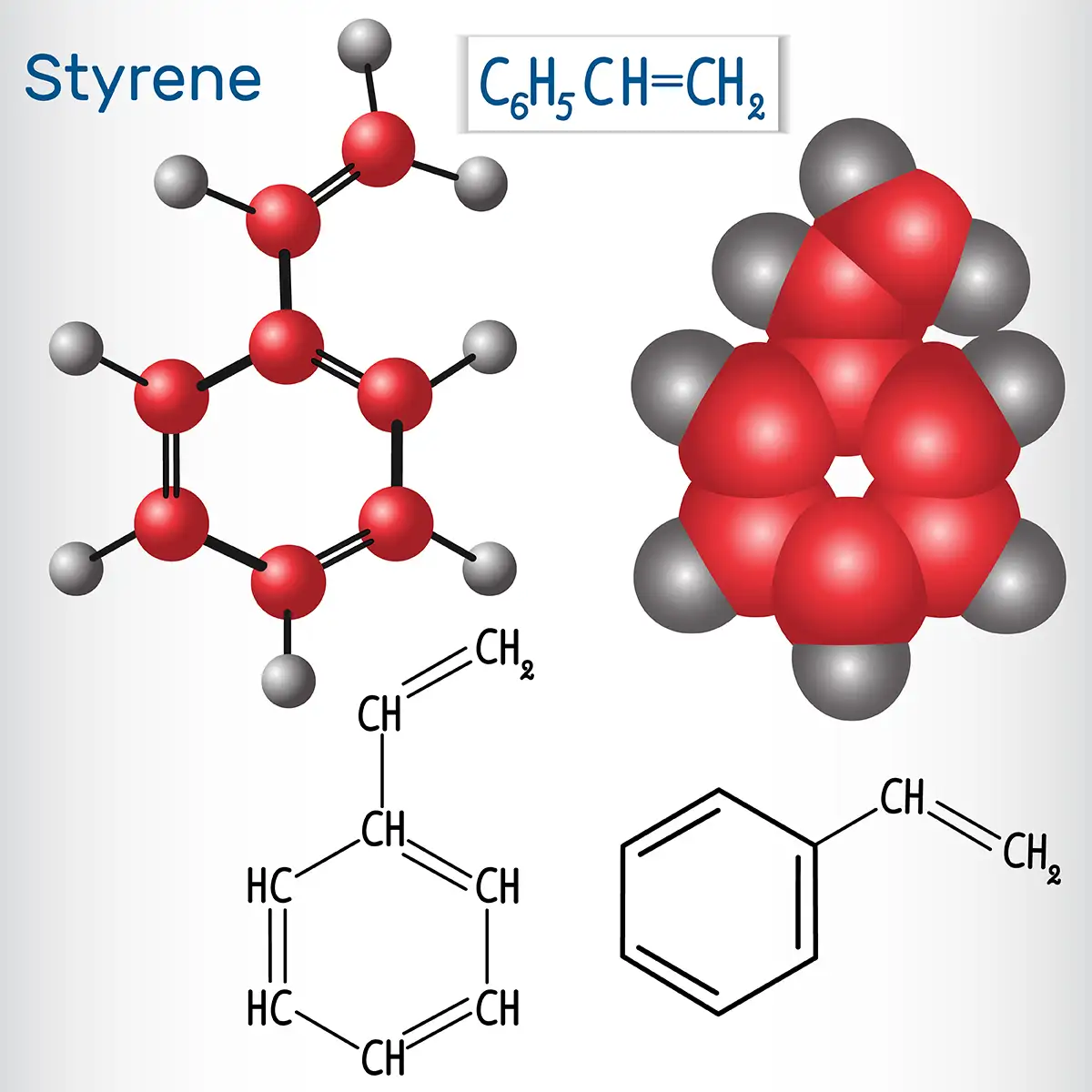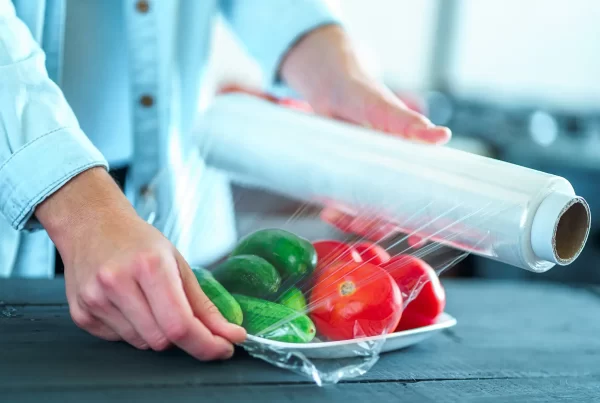The European Food Safety Authority (EFSA) Panel on food contact materials (FCM) has issued a draft opinion stating that there is no scientific evidence to demonstrate the genotoxicity of styrene following oral exposure and that the use of styrene in the production of FCM with a specific migration limit (SML) of 40 µg/kg of food does not pose a health risk.
EFSA has recently carried out a new assessment of the public health risks of styrene, a substance used in plastic FCM, currently regulated in Regulation (EU) 10/2011 on plastics without a specific migration limit (SML) or other use restrictions.
In 2019, the International Agency for Research on Cancer (IARC) published a monograph classifying styrene and its main metabolite, styrene-7,8-oxide (SO), as “probably carcinogenic to humans”. As this classification could influence the inclusion of styrene in the Plastics Regulation, the European Commission asked EFSA to assess whether the evidence presented by IARC could impact the safety of using styrene in food contact materials.
In September 2020 EFSA, with a first assessment, concluded that concerns about the genotoxicity of styrene following oral exposure could not be excluded and that further data were needed to accurately assess its safety in FCM.
Considering the uncertainty about genotoxicity, the absence of an SML and the high potential for styrene to migrate into food from FCM, the European Commission proposed a draft measure setting an SML for styrene of 40 ppb, based on the tolerable daily intake (TDI) suggested by the World Health Organization (WHO) for styrene in drinking water.
The European Commission subsequently requested EFSA to review the potential genotoxicity of styrene following oral exposure and its safety for use in plastic FCM with an SML of 40 ppb.
As the WHO TDI predates the new scientific information emerging from the 2019 IARC classification and EFSA opinion in 2020, EFSA conducted a new assessment to determine whether the 40 ppb limit for styrene in food was adequate to ensure safety, evaluating, among others, the studies reported in the 2019 IARC monograph.
EFSA concluded that the reviewed studies did not show evidence of genotoxic effects of styrene following physiological exposures, including oral exposure.
For substances for which no genotoxic effects have been found, EFSA’s Note for Guidance for FCM states that an SML of up to 50 µg/kg food would not pose a health risk. Therefore, the use of styrene in the production of FCM with a migration limit set at 40 µg/kg food does not pose a health risk to consumers.
EFSA invited interested parties to submit comments on the draft opinion by 28 January 2025.





